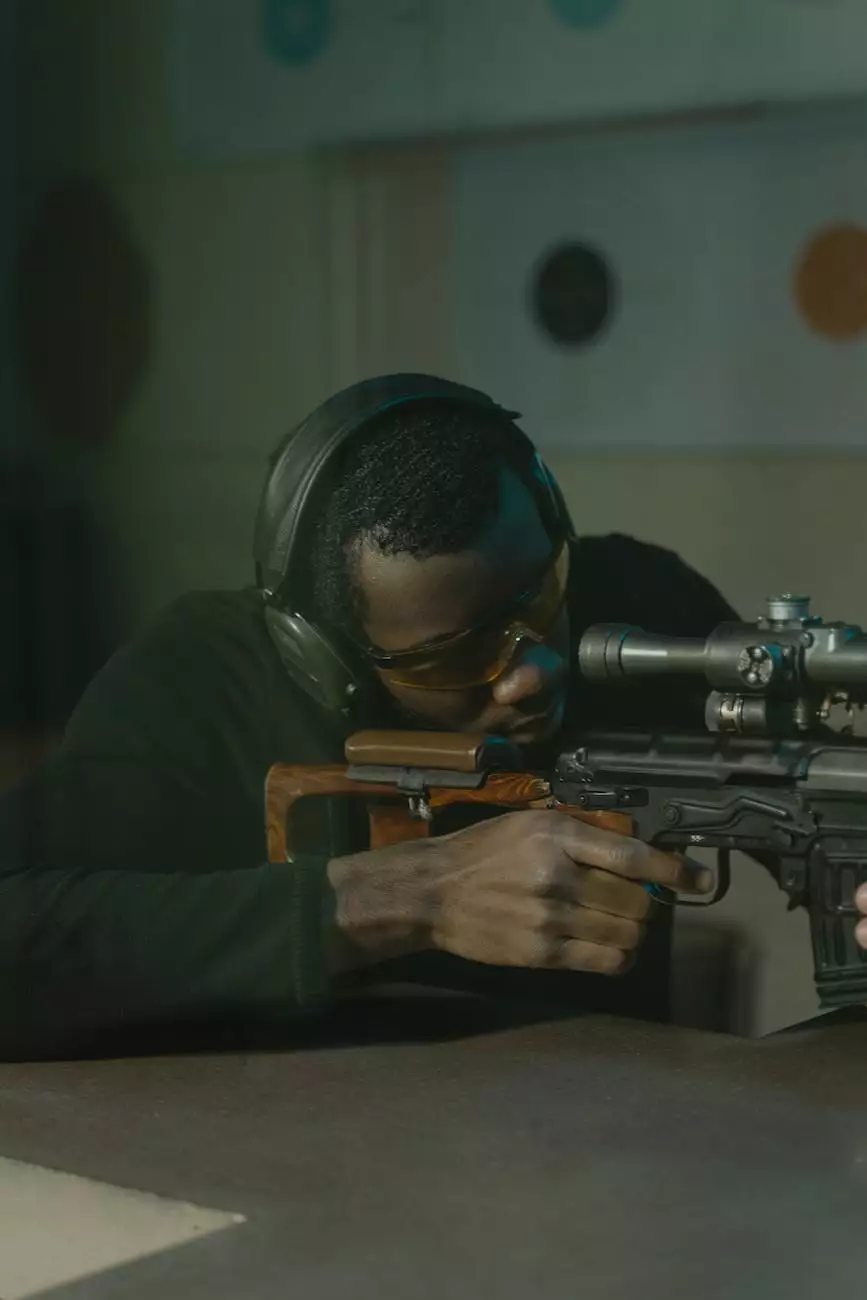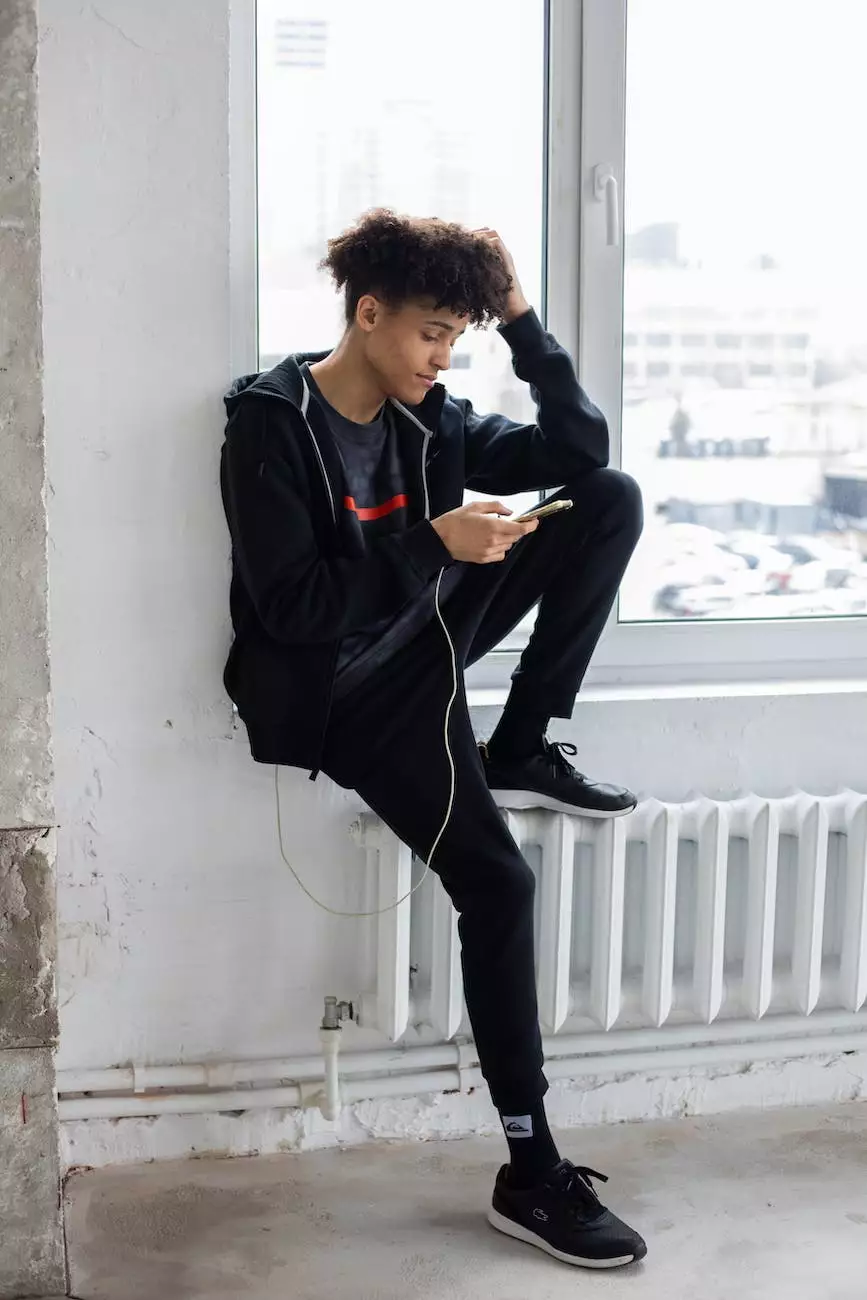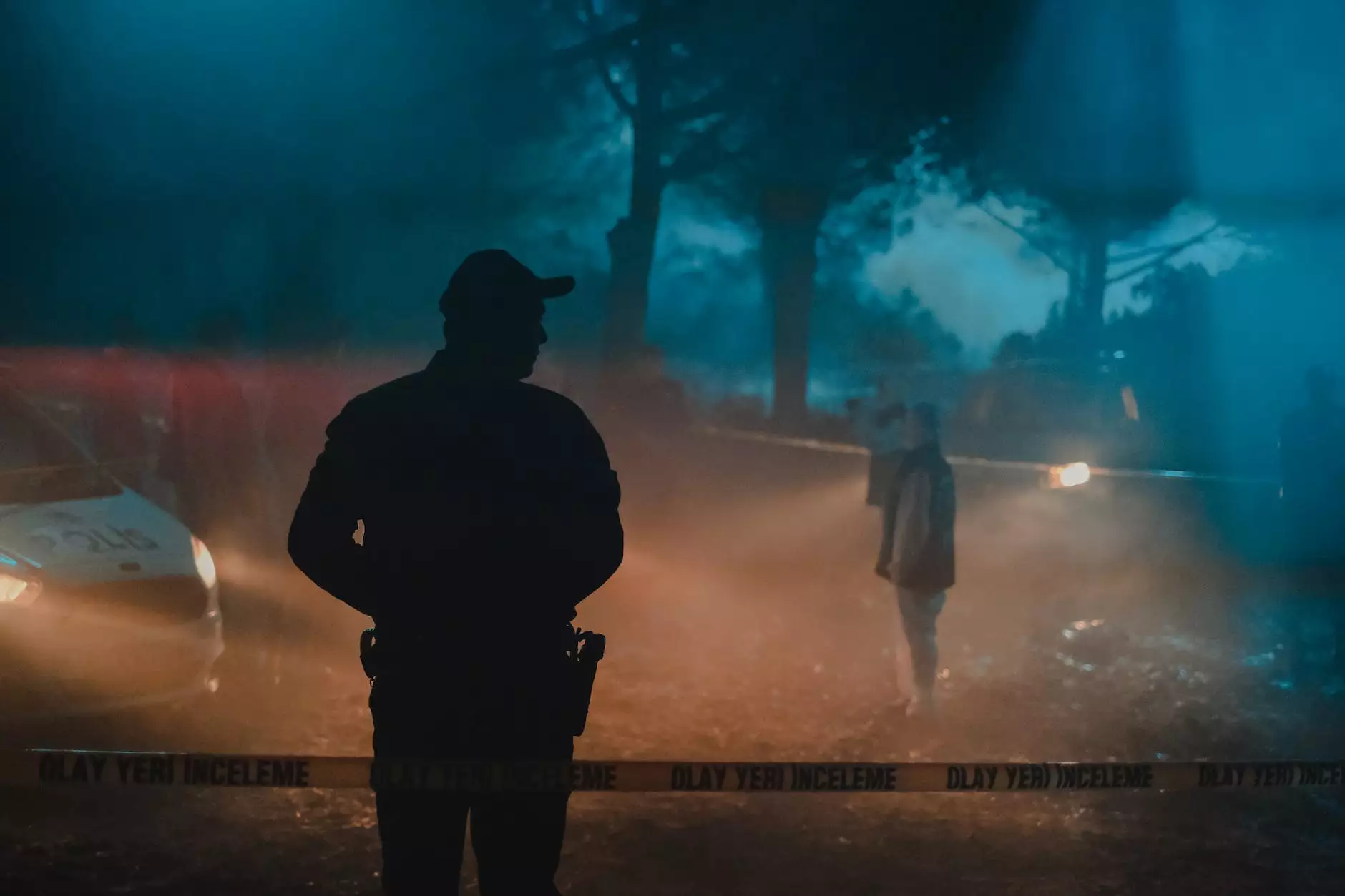Protective Orders: What They Do and Don't Cover
Blog
Understanding Protective Orders
A protective order, sometimes referred to as a restraining order, is a legal document that aims to protect individuals from harm, harassment, or abuse. These orders are commonly used in situations involving domestic violence, stalking, or harassment. John P. Bennett, Attorney at Law, is here to provide expert insights on what protective orders entail and what they do and don't cover.
The Purpose of Protective Orders
The primary purpose of a protective order is to ensure the safety and protection of the individual seeking the order. These orders serve as a legal tool to prevent contact or proximity between the protected party and the alleged abuser. They are designed to create a safe space and give the individual peace of mind.
Protective orders are an essential part of the legal system, as they provide a means for victims to seek protection and seek legal recourse against their abusers. While protective orders cannot guarantee complete safety, they act as a deterrent and enable swift legal action in case of violations.
What Protective Orders Cover
Protective orders can provide a wide range of protections, depending on the specific circumstances and the laws of the jurisdiction. Here are some common provisions that protective orders may include:
- No Contact: A protective order typically prohibits any form of contact or communication between the protected party and the alleged abuser. This includes in-person contact, phone calls, text messages, emails, or social media interactions.
- Stay-Away: A protective order may require the alleged abuser to stay a certain distance away from the protected party, their home, workplace, or other locations specified in the order.
- Residence Exclusion: In cases involving domestic violence, a protective order may grant the protected party exclusive occupancy of the shared residence, forcing the alleged abuser to leave the premises.
- Child Custody and Visitation: Protective orders can also address child custody and visitation arrangements, specifying whether the alleged abuser is allowed contact with children.
- Firearm Restrictions: In situations where there is a risk of harm, a protective order may prohibit the alleged abuser from possessing firearms or ammunition.
- Supportive Services: Some protective orders may include provisions for counseling, therapy, or support services for the protected party.
What Protective Orders Don't Cover
While protective orders provide crucial protections, it is important to understand their limitations. Here are some situations in which a protective order may not provide all-encompassing coverage:
- Exclusion from Public Spaces: Protective orders typically apply to specific individuals and private spaces, such as homes or workplaces. They may not prevent encounters in public spaces.
- Financial Support: Protective orders primarily focus on physical safety and well-being. They do not directly address financial support or economic issues.
- Immunity from Violations: Violating a protective order is a serious offense, but it does not guarantee absolute immunity from harm. In case of violations, individuals should contact local law enforcement immediately.
- Permanent Protection: Protective orders are usually temporary and require periodic renewal. Individuals seeking long-term or permanent protection may need to explore other legal avenues.
- Automatic Protection: A protective order only offers protection once it has been approved and properly served to the alleged abuser. Until that point, the individual may still be at risk.
Consult with John P. Bennett, Attorney at Law
If you are considering seeking a protective order or have questions about existing orders, it is essential to consult with an experienced attorney. John P. Bennett, Attorney at Law, specializes in family law and can provide the guidance and support needed to navigate the legal process.
With his extensive knowledge of protective order laws and compassionate approach, John P. Bennett, Attorney at Law, aims to help you understand your rights and options. Contact our office today to schedule a consultation and take the first step towards securing your safety.




